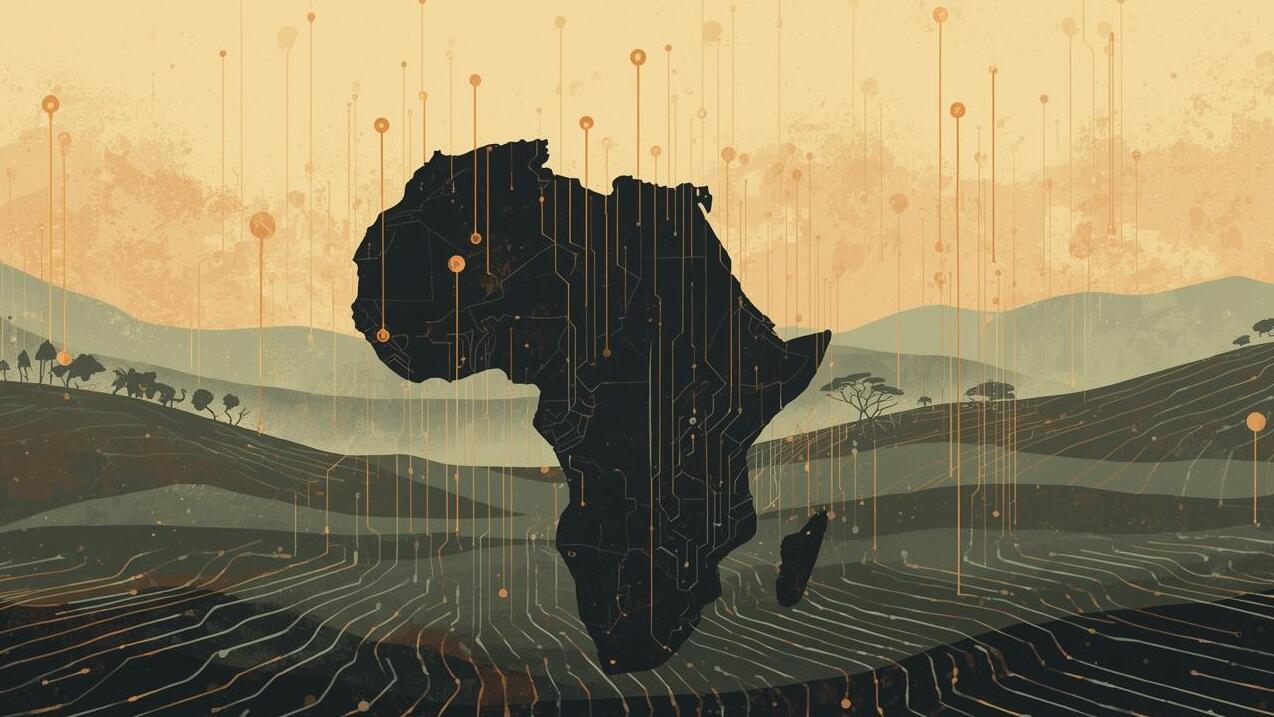
Africa and artificial intelligence: the battle of local languages in the face of global backwardness
A continent rich in languages but poor in data
Africa is a living Babel. More than a quarter of the world's spoken languages resonate on this continent, but their place in the digital universe is almost invisible. The reason is simple, cruel: there isn't enough written data to feed artificial intelligence models. But AI is built on text, content, and archives. English, Chinese, and French have infinite libraries; Kikuyu, Hausa, and Setswana still rely on oral communication.
The result: while ChatGPT responds to billions of users in English or Spanish, millions of Africans remain out of the game. They dream in Yoruba, they pray in Wolof, but the algorithm doesn't hear them.
Initiatives such as African Next Voice , which has already collected more than 9,000 hours of speeches in 18 African languages. It's a colossal undertaking, funded in particular by the Gates Foundation. But let's be clear: 18 languages are nothing compared to the 2,000 spoken on the continent. It's a drop in the ocean, a beginning.
The African revival, between pragmatism and symbolism
Researchers, linguists, and engineers are mobilizing. In South Africa, Kenya, and Nigeria, recordings of conversations about agriculture, health, and education are feeding into future databases. A Setswana farmer in Rustenburg can now query an agricultural app in her own language. A startup, Lelapa AI, is developing interfaces for local banks.
These initiatives are valuable, even vital. They are not just about innovation, but also a battle for linguistic dignity. Because when English becomes the only key to accessing a bank loan or healthcare, it's more than a barrier: it's a social divide.
Yet we cannot ignore the reality. The continent is only just laying the foundation stones while others are already building digital skyscrapers. American and Chinese giants are investing billions in generative AI, deploying applications that are reshaping our lifestyles. Meanwhile, Africa is laboriously collecting its first hours of voice.
Always a little late, but worth trying.
Let's be clear: Africa will not catch this technological train. It will always jump on it while it's moving, in the last car, when others are already in the cockpit. The financial power, the infrastructure, the critical mass of data are not there. Not yet, not anytime soon.
But should we lament this? Perhaps not. Because in this permanent gap, there is also a form of freedom. Africa observes, learns from the mistakes of others, and avoids certain excesses. Where Europe and the United States struggle with the dangers of omnipresent AI, Africa can still choose a more humane approach, more anchored in reality.
One essential question remains: is this delay an insurmountable obstacle, or an opportunity in disguise? Optimists will say that the seed has been planted, that the future will also be written in Swahili or Lingala. Skeptics will respond that Africa is still chasing a world that does not wait for it.
In any case, the debate is open. And perhaps that, deep down, is the real victory: forcing the tech giants to hear a voice they had previously ignored. Even late, Africa is speaking. And that, in itself, is an earthquake.



Leave a comment
This site is protected by hCaptcha and the hCaptcha Privacy Policy and Terms of Service apply.